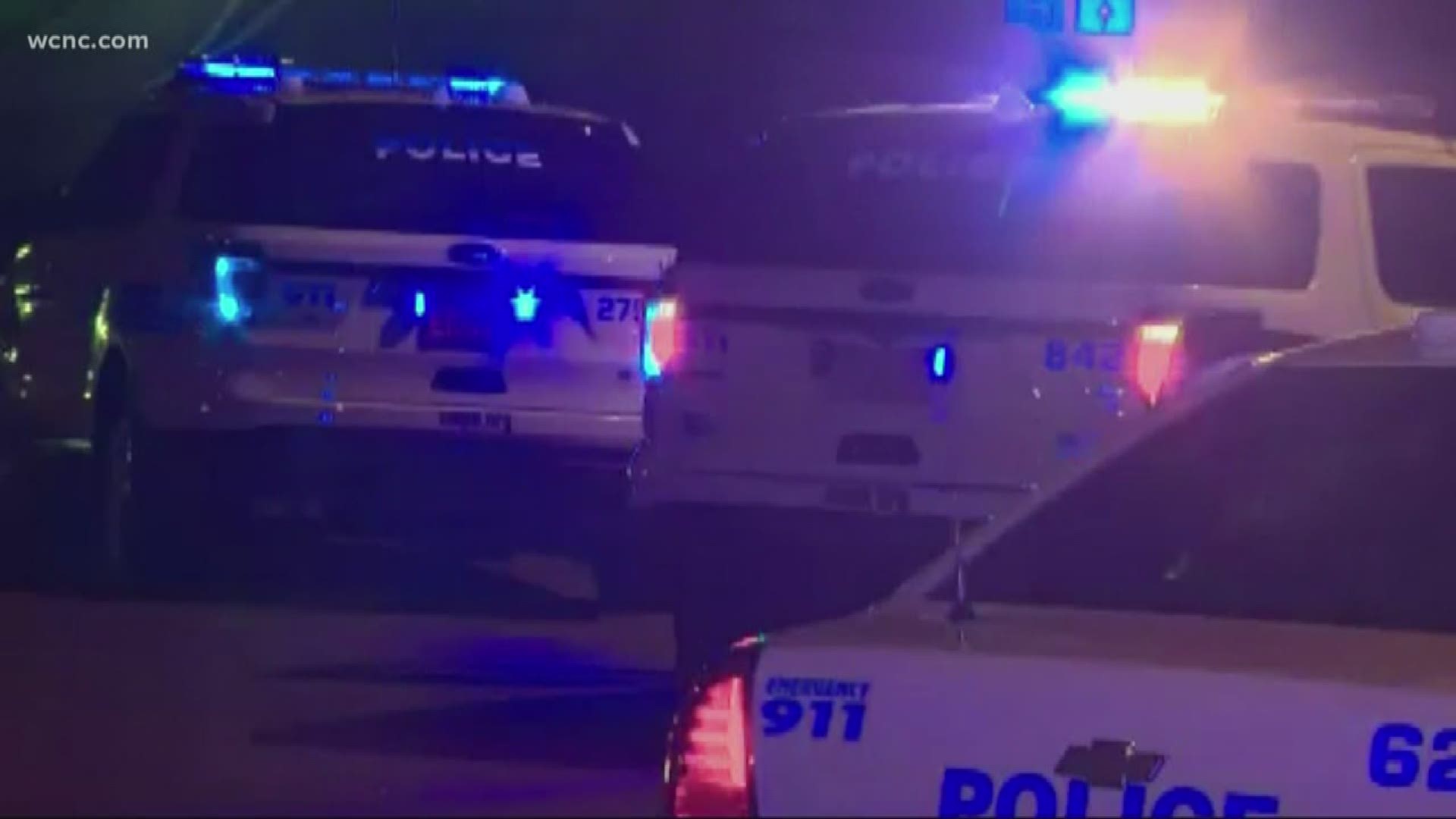CHARLOTTE, N.C. — As Charlotte struggles with its highest number of homicides in more than 25 years, police records show the city's violence goes beyond the more than 100 murders. Charlotte-Mecklenburg Police Department data show the city's suffered three times as many non-fatal shootings as homicides.
"We are seeing increasing numbers of gunshot wounds and stab wounds," Atrium Health Medical Director of Trauma Services Dr. David Jacobs said. "The number of deaths is just the tip of the iceberg."
CMPD records show for every one murder this year, there were three other non-fatal shootings. The numbers show 323 in all through December 15, which is more than all of 2017 and 2018.
"Some will have amputations, some of them will have spinal cord injuries and will never be able to walk again, will be on ventilators for the rest of their lives," Dr. Jacobs said. "We tend to focus on the deaths."
CMPD data show aggravated assaults are up this year too. Police records show there were almost 3,500 in the first nine months of this year, which is more than a dozen a day.
"We have no choice but to solve this. I mean there are a lot of things on the line," Action NC Political Director Robert Dawkins said. "These are the situations that make people move, these are the situations that keep businesses from coming here."
Dawkins said the city's violence problem is a public health crisis and should be treated like one. He said it's time to stop just talking about prevention and move to actually finding a cure. He said that takes going to the street corners where these shootings are taking place, not in the middle of the day, but in the middle of the night, and talking to the people impacted.
"If you're not going to treat the people that are out at 12 o'clock at night and think you're going to fix it by just prevention and keeping kids from being out on the corner at 12 o'clock at night, you're never going to get to the solution," Dawkins said. "We've got to get to violence interruption, the same way that you would interrupt a disease and we got to move on to a cure and you're not gong to get that if you just stay in that prevention bucket."
He knows if this were some type of other health crisis, like an Ebola scare, the city would've already solved it.
"What we do want to see is it move from data to actual working on a plan a lot sooner, but we're going to keep pushing," Dawkins said.
The city is in the process of collecting data on the violent crime problem. Mayor Vi Lyles said Charlotte leaders are taking an evidence-based community-focused approach to come up with solutions.
"That is a very small group of people that are involved and that's particularly young black men that are victims of crime more often than not and so we need to figure out what will make a difference," Mayor Lyles said. "We're going to do more and in January we're going to tackle this violence issue."

